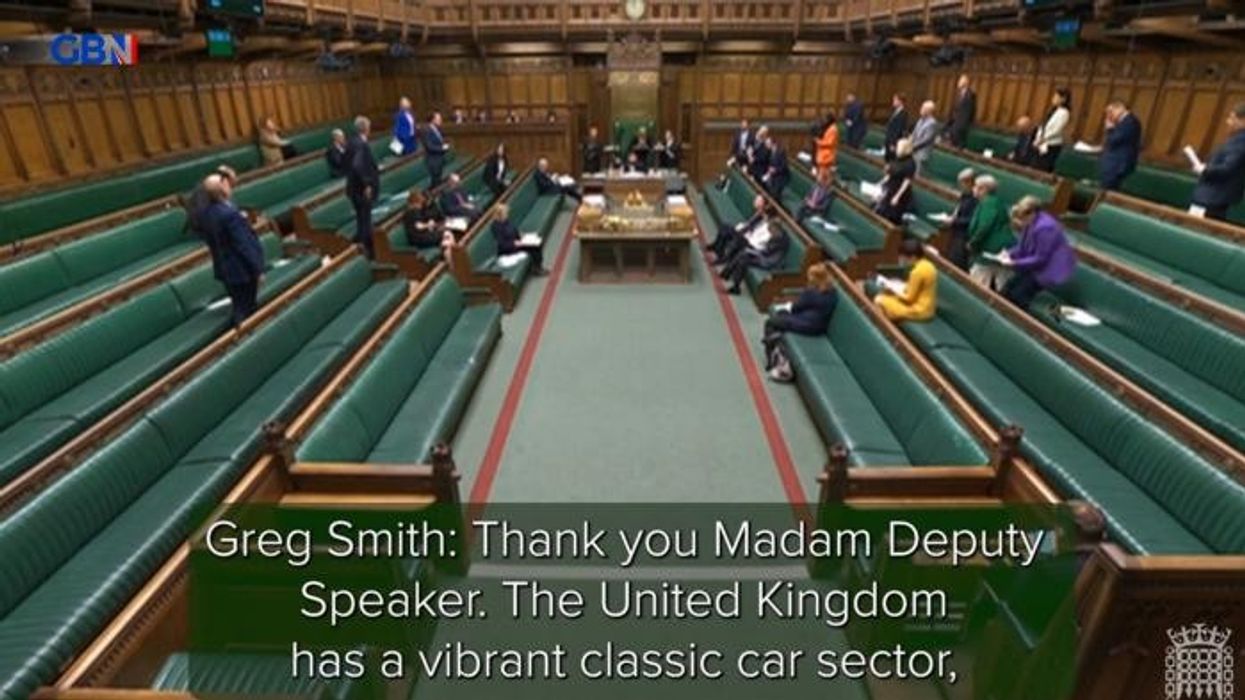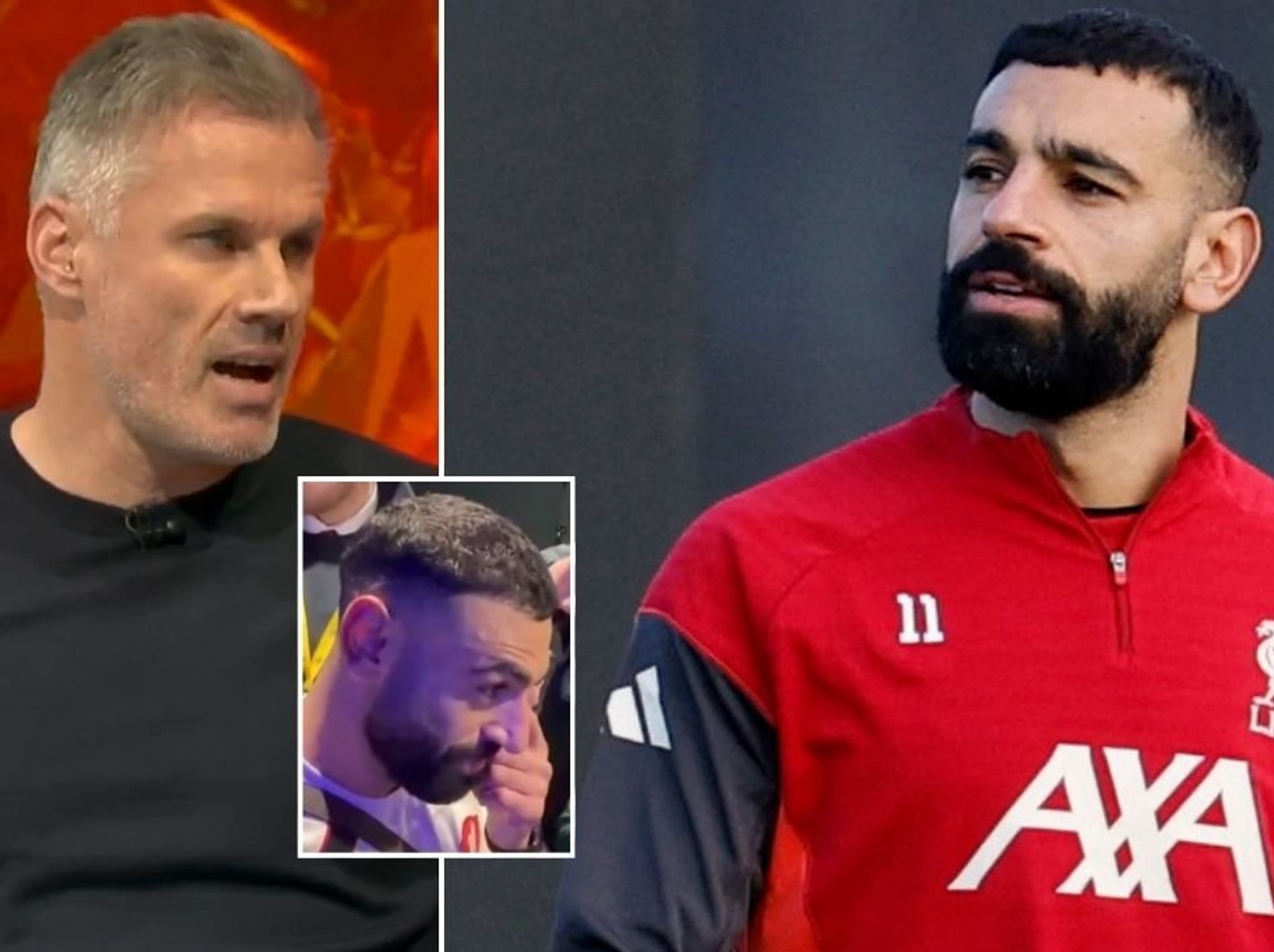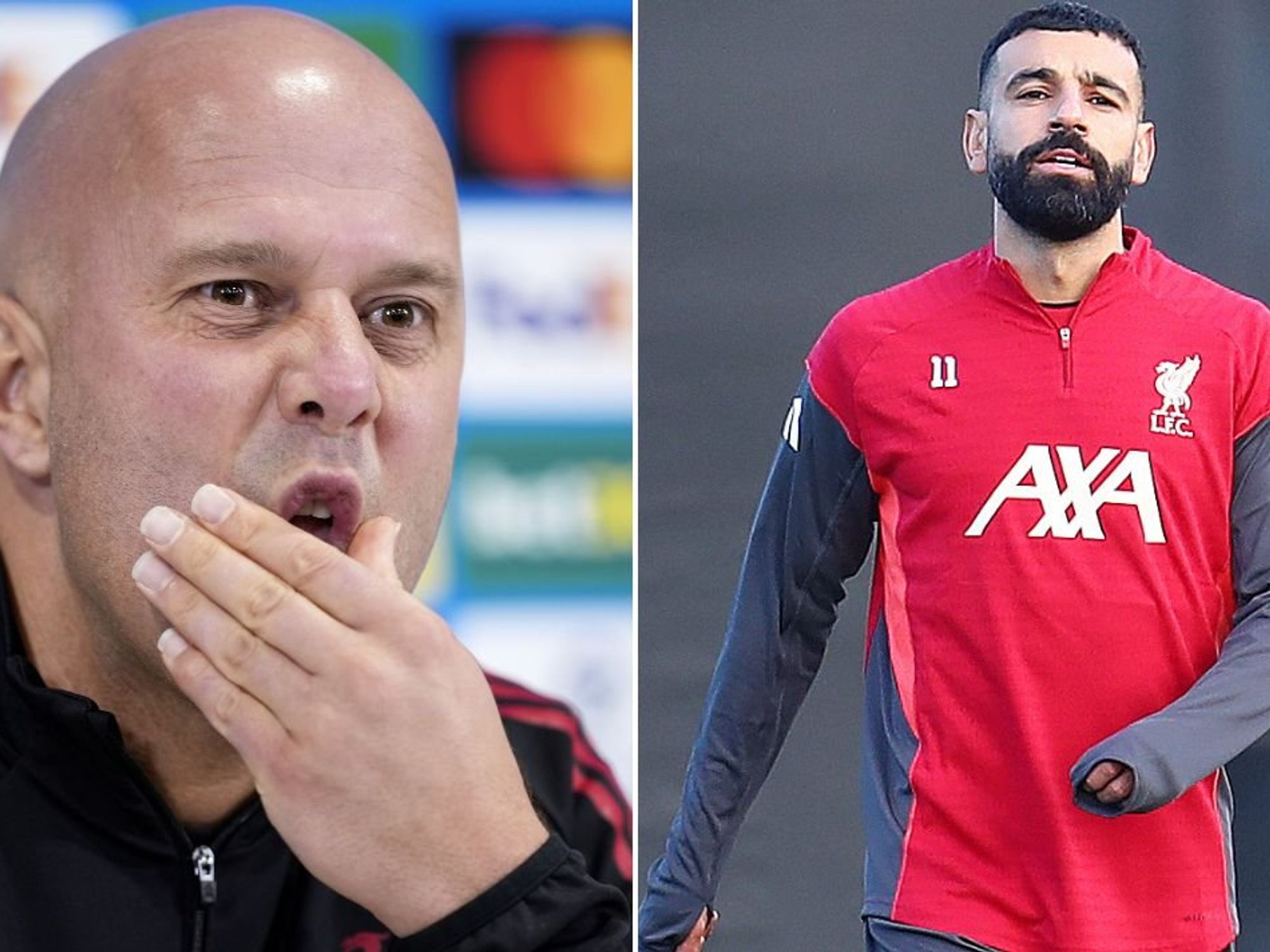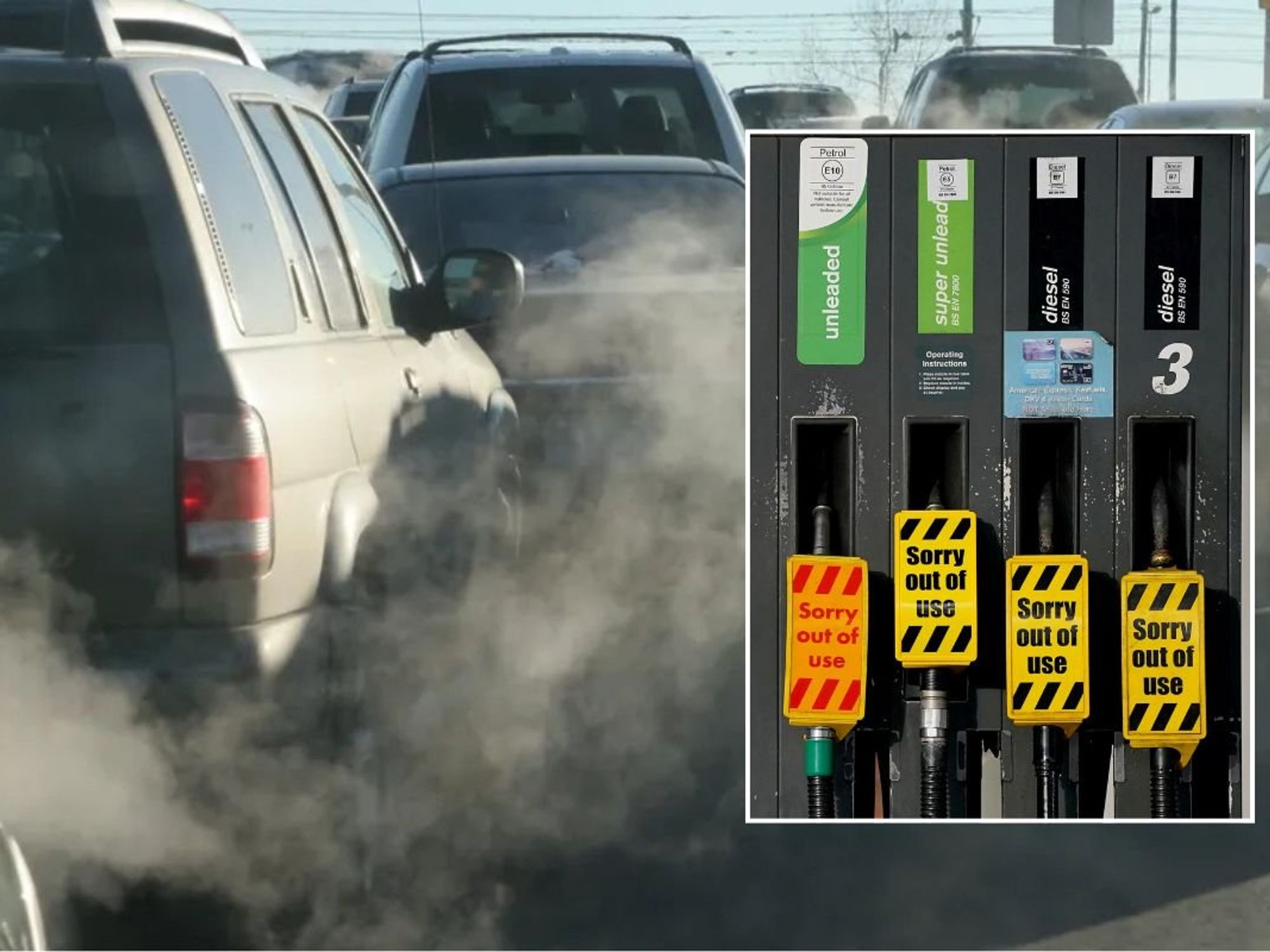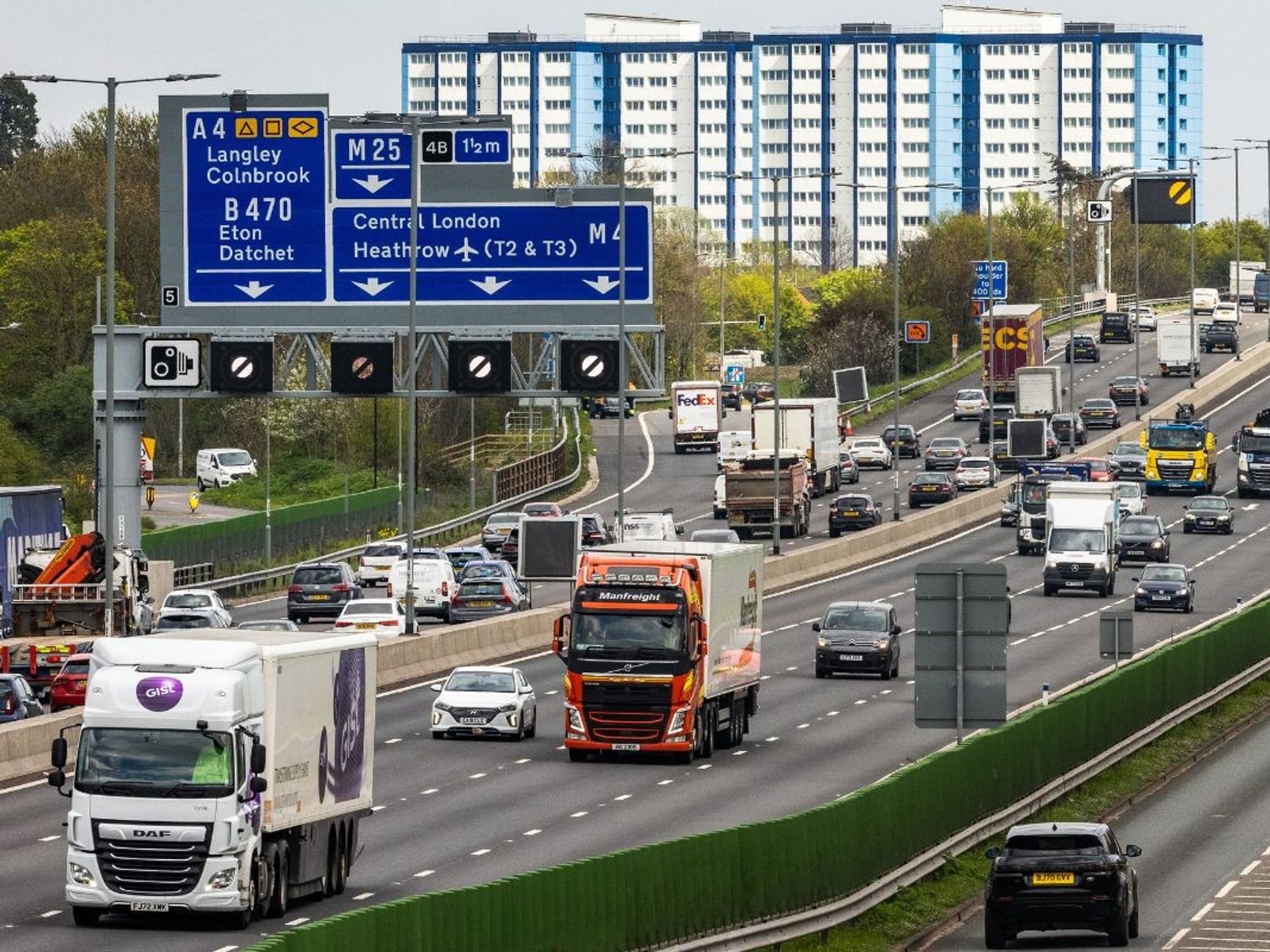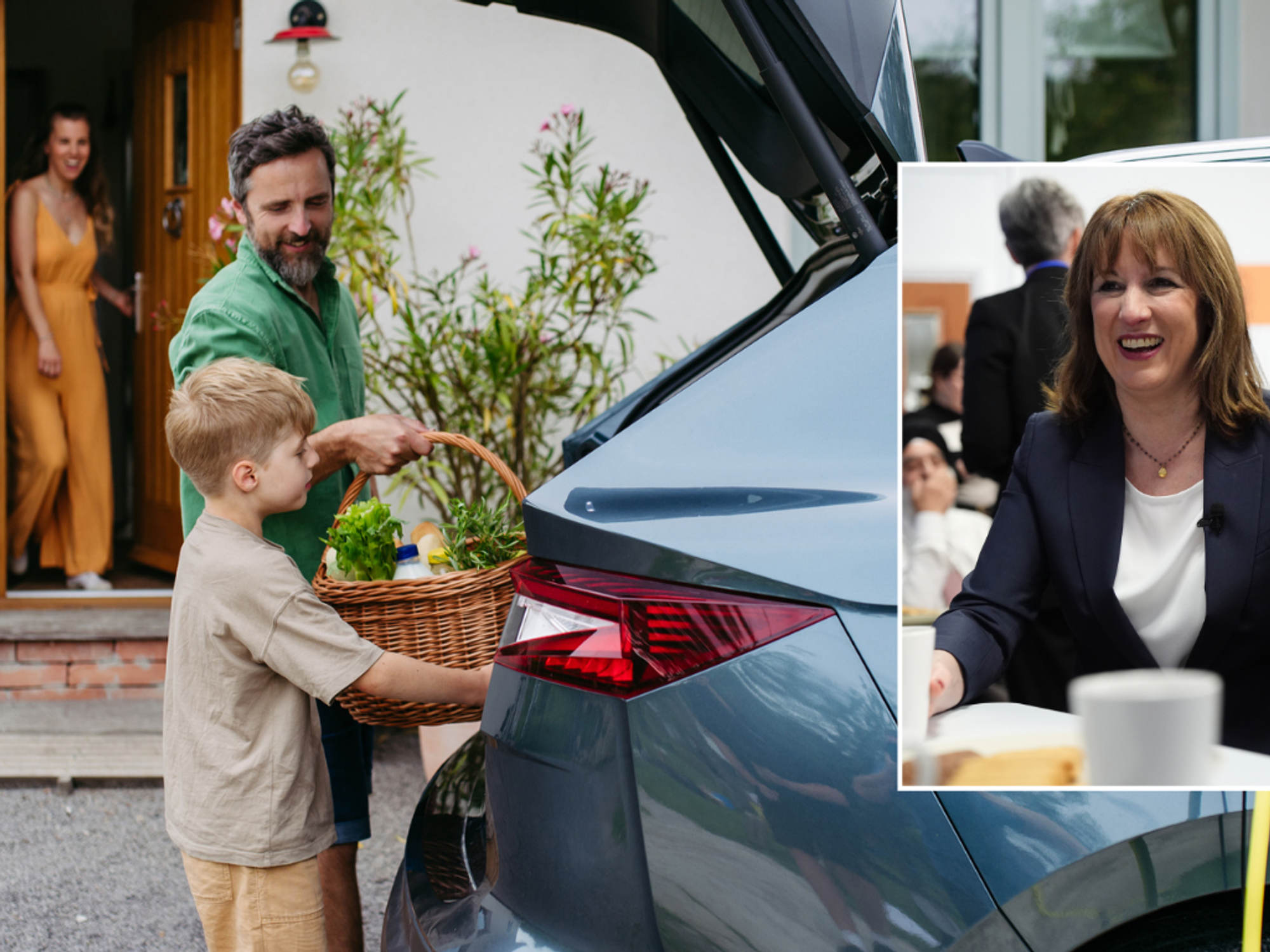Classic car owners refuse to convert vehicles to electric - 'Destroys the essence of that era!'

Drivers have warned that any law changes to impose electric conversions would be met with severe backlash
Don't Miss
Most Read
Latest
The vast majority of classic car owners have refused to convert their vehicles to electric, despite a push towards more environmentally-friendly motoring.
New research has found that 82 per cent of classic car owners are not open to converting their historic vehicles to electric, with many citing concerns about automotive heritage.
Around 65 per cent of owners believe stricter electric vehicle regulations are threatening the long-term survival of classic car ownership.
A survey of more than 800 classic car owners found that most believe converting their cars would "significantly compromise" the historical integrity and the unique character.
Do you have a story you'd like to share? Get in touch by emailing motoring@gbnews.uk
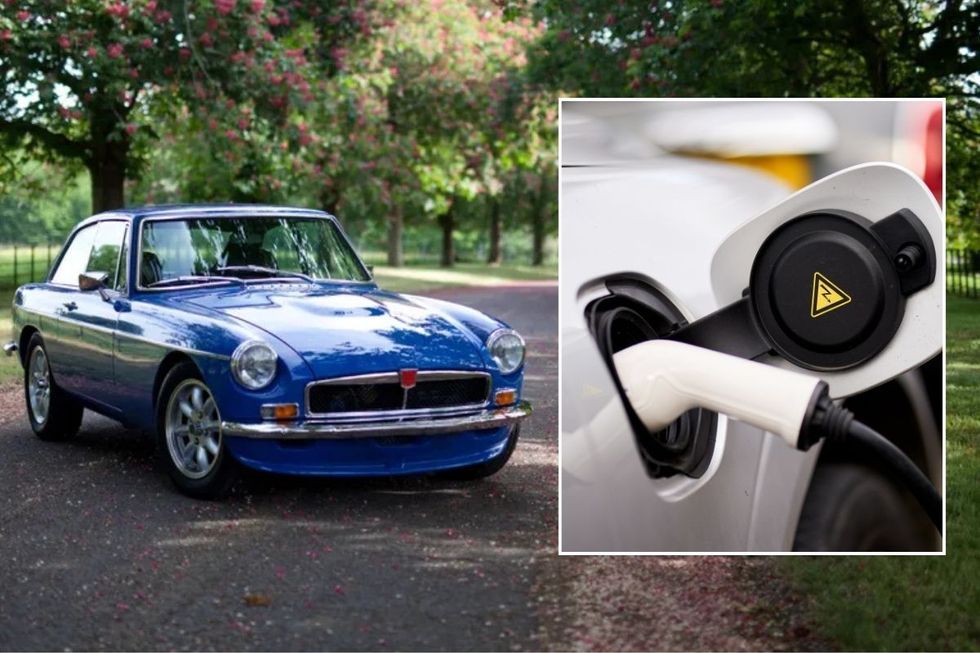
Classic car owners have admitted to not wanting to convert their vehicles to electric
|GETTY/PA
Further comments from drivers revealed that they didn't want to change the "essence" of the car, as well as its original design and engineering.
Like many car enthusiasts, they also said they did not want to change the distinctive driving experience it offers, which generally stems from the petrol or diesel engine.
Ron Turner, based in Aberdeenshire, explained that he has owned a range of classic cars for over 40 years and believes the character of the vehicles is linked to their original engines.
He said: "The individual character of all these cars is to a considerable extent based upon their power plants.
"The electric motor on my Dyson vacuum does a reasonably good job which I'm fine with, but let's leave classic cars as they are for future generations to marvel at, a time when cars had real character."
Another classic car owner, Richard Perry, echoed Turner's sentiment, saying that converting a historic vehicle to electric "destroys the sound, feel, driving experience, and even the smell of a classic".
The 64-year-old, from Kent, owns three classic cars and said he was concerned about the loss of authenticity, noting that if someone spends a lot of money converting the vehicle, it should no longer classed as a classic.
Classic car enthusiast David Tunstall warned that drivers should have the ultimate decision about whether to make the switch, not the Government.
He added: "The whole point of classic cars is that they were designed for the years they were manufactured. Converting to electric destroys the essence of that era and what classic cars - and history - are all about.
"Any Government authority that tries to limit the presence of classic cars will not only anger thousands of owners but also conflict with millions who enjoy them."
While many drivers seem hesitant to make the switch to electric, an increasing number of drivers are registering their interest in changing the powertrain of their vehicles.
Research from the Historic and Classic Vehicles Alliance (HCVA) found that many owners are converting their vehicles to make them more suitable for urban driving.
LATEST DEVELOPMENTS:
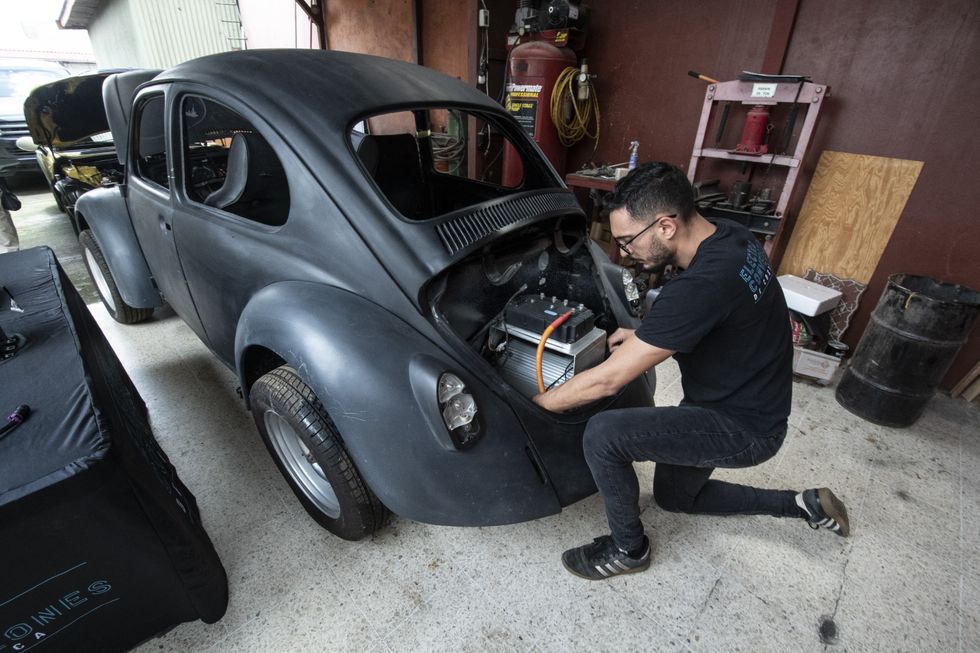
A number of businesses around the UK offer bespoke EV conversions for classic cars
| GETTYIn doing this, they can use their car more often, potentially lower their running costs and drive in a more sustainable manner.
Prior to the General Election, the Department for Transport, former Transport Secretary Mark Harper and classic car organisations had worked on a public consultation to guarantee the future of the industry.
Speaking to GB News at the time, Harper said: "If people want to retrofit their classic cars, which a lot of people do, we want to make sure they can do that more easily, more consistently and the rules make sense.
“That is one of the things that we want people to tell us and the companies here that are involved in that business are absolutely going to tell us what to think."


